
Pediatric Cardiology
Department: Pediatrics
Estimated Cost : $2,000 - $7,000
Hospitals Available with this Pediatric Cardiology Treatment
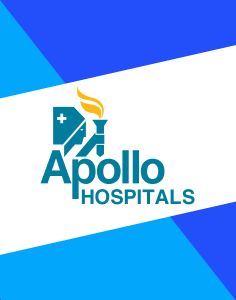
Doctors for Pediatric Cardiology Treatment
-

Dr. Sunil Kumar Swain
Neurologist -
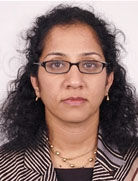
Dr. Kavitha Chintala
Physiatrist and Rehabilitation -
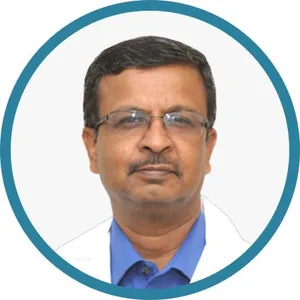
Dr Jayaranganath
Consultant Cardiologist (Adult & Paediatrics)
What is Pediatric Cardiology?
Pediatric Cardiology is a medical specialty that focuses on diagnosing and treating heart conditions in children, from newborns to young adults. Pediatric cardiologists address congenital heart defects (conditions present at birth), heart rhythm disorders, and acquired heart diseases.
This field emphasizes compassionate, child-focused care, ensuring that young patients receive the best treatment while minimizing the stress on families. Advanced diagnostic tools, minimally invasive procedures, and specialized surgeries make it possible to address complex heart issues effectively.
When is Pediatric Cardiology Necessary?
Congenital Heart Defects:
Children born with structural issues in the heart, such as holes between chambers (ASD/VSD) or narrowed arteries, require specialized care.
Heart Rhythm Disorders:
Abnormal heart rhythms, such as tachycardia or bradycardia, may need attention to prevent further complications.
Acquired Heart Conditions:
Issues like Kawasaki disease or rheumatic heart disease can arise during childhood, impacting heart health.
Family History of Heart Disease:
Children with a genetic predisposition to heart issues may require regular monitoring by a pediatric cardiologist.
Why Choose India for Pediatric Cardiology?
India has emerged as a leading destination for Pediatric Cardiology due to its combination of advanced medical facilities, experienced specialists, and affordability. Families from around the world trust Indian hospitals to provide compassionate, high-quality care for their children.
Key Advantages of Pediatric Cardiology in India:
- Highly Skilled Pediatric Cardiologists: Renowned experts with years of experience in handling complex pediatric cases.
- State-of-the-Art Facilities: Advanced diagnostic and surgical technologies tailored for children.
- Affordable Treatment: Significantly lower costs compared to Western countries, without compromising on quality.
- Child-Friendly Approach: Hospitals with specialized pediatric ICUs and child-centric care environments.
- Seamless Medical Support: Comprehensive assistance, from initial diagnosis to post-operative care.
Symptoms of Pediatric Heart Conditions
Recognizing the symptoms of heart issues in children is crucial for timely diagnosis and treatment. Common symptoms include:
- Breathing Problems: Rapid breathing, shortness of breath, or difficulty breathing.
- Cyanosis: Bluish tint to the lips, skin, or nails, especially during activity.
- Poor Growth: Inadequate weight gain or stunted growth despite proper nutrition.
- Fatigue: Excessive tiredness or inability to keep up with peers during physical activities.
- Swelling: Puffiness in the legs, abdomen, or around the eyes.
- Feeding Difficulties: Trouble sucking or feeding in infants, leading to poor nutrition.
- Chest Pain: Unexplained chest pain during rest or activity.
- Irregular Heartbeat: Palpitations or abnormally fast or slow heartbeat.
Common Heart Conditions Treated in Pediatric Cardiology
Congenital Heart Defects (CHDs):
Conditions like atrial septal defects (ASD), ventricular septal defects (VSD), and Tetralogy of Fallot are common congenital issues requiring surgical or interventional treatment.
Heart Murmurs:
Abnormal heart sounds may indicate underlying issues that need attention from a pediatric cardiologist.
Rheumatic Heart Disease:
Caused by untreated strep infections, this condition can damage heart valves and needs timely treatment.
Arrhythmias:
Irregular heart rhythms in children may result from congenital conditions or infections and often require advanced care.
Cardiomyopathy:
This disease affects the heart muscle, making it difficult for the heart to pump blood effectively.
Pediatric Cardiology Procedures
Diagnostics:
- Echocardiography (ECHO): A painless ultrasound to examine the heart’s structure and function.
- Electrocardiogram (ECG): To detect abnormal heart rhythms.
- Cardiac MRI/CT: For detailed imaging of the heart and blood vessels.
Minimally Invasive Treatments:
- Cardiac Catheterization: Used for both diagnosis and treatment, including closing holes in the heart or opening blocked valves.
- Balloon Angioplasty: A procedure to widen narrowed arteries.
Surgical Interventions:
- Open-Heart Surgery: For complex congenital heart defects, performed by skilled pediatric cardiac surgeons.
- Heart Transplant: In severe cases, heart transplantation may be considered.
Benefits of Pediatric Cardiology Care in India
- Early Diagnosis and Treatment: Detects heart issues at an early stage, ensuring timely intervention.
- Improved Quality of Life: Children recover faster and lead healthier lives after treatment.
- Access to Advanced Techniques: Latest innovations like robotic surgeries and 3D imaging provide precise results.
- Cost-Effective Solutions: World-class care at a fraction of the cost compared to Western countries.
Post-Treatment Care and Recovery
Post-operative care is crucial to ensure a child’s full recovery and long-term heart health. Families are provided with comprehensive guidelines, including:
- Regular follow-ups with the pediatric cardiologist.
- Medication management to prevent complications.
- Diet and exercise recommendations tailored to the child’s condition.
- Monitoring for symptoms like fatigue, irregular heartbeat, or difficulty breathing.
Cost of Pediatric Cardiology Treatment in India
The cost of Pediatric Cardiology treatment in India varies depending on the complexity of the condition and the type of procedure. Approximate costs include:
- Diagnostic Tests: INR 5,000 to INR 30,000 (USD 60 to USD 400)
- Catheterization Procedures: INR 1,50,000 to INR 3,50,000 (USD 2,000 to USD 4,500)
- Open-Heart Surgery: INR 2,50,000 to INR 5,00,000 (USD 3,500 to USD 6,500)
Factors Influencing Costs:
- Hospital location and infrastructure
- Pediatric cardiologist’s expertise
- Type of procedure (minimally invasive or open-heart surgery)
Frequently Asked Questions (FAQs)
- What is Pediatric Cardiology?
Pediatric Cardiology is a medical specialty that focuses on diagnosing and treating heart conditions in children, from newborns to teenagers.
- What are common heart conditions in children?
Conditions include congenital heart defects, arrhythmias, rheumatic heart disease, and cardiomyopathy.
- How is a heart condition in children diagnosed?
Doctors use tests like echocardiograms, EKGs, and cardiac catheterization for accurate diagnosis.
- Is heart surgery safe for children?
Yes, with advanced techniques and experienced surgeons, pediatric heart surgeries have high success rates.
- How long is the recovery process after heart surgery?
Recovery time varies but typically takes a few weeks, depending on the procedure and the child’s health.
- Can congenital heart defects be treated without surgery?
Yes, minimally invasive procedures like device closures and balloon angioplasty can treat some defects.
- How do I know if my child needs to see a pediatric cardiologist?
Consult a specialist if your child shows symptoms like breathing difficulties, cyanosis, or poor growth.
- Is pediatric cardiac care in India affordable?
Yes, India offers world-class treatment at significantly lower costs compared to Western countries.
- What kind of follow-up care is required?
Follow-up includes regular check-ups, medications, and tailored activity plans to ensure long-term heart health.
- How do I prepare my child for a pediatric cardiac procedure?
Talk to your child in simple terms about the procedure, ensure they’re comfortable, and follow the pre-surgery guidelines provided by the doctor.
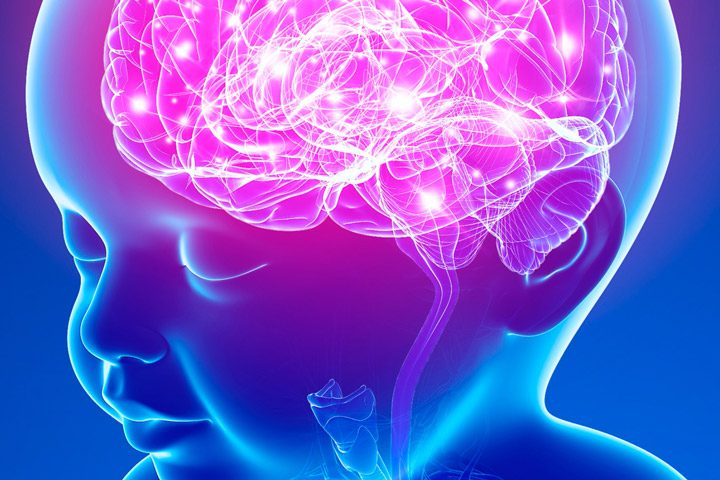

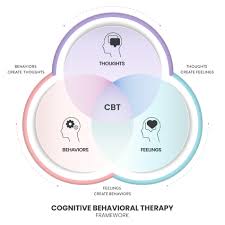
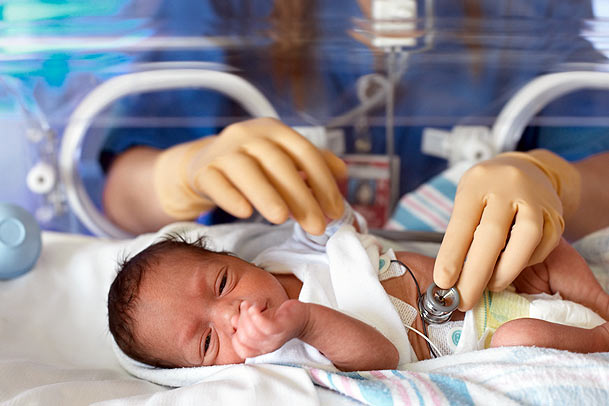
 Get an Opinion
Get an Opinion
